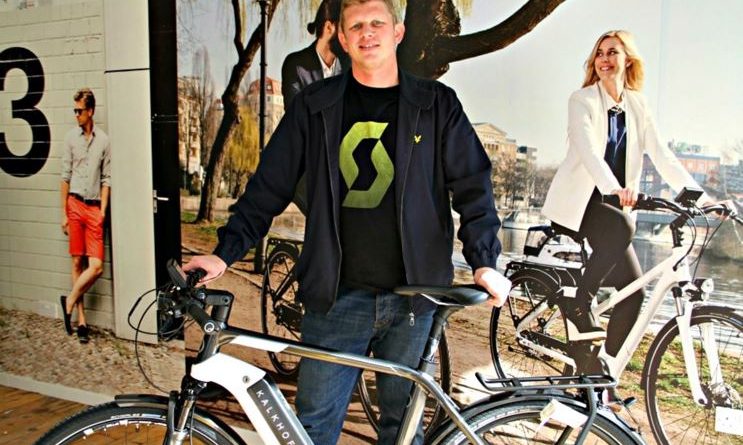50 Cycles boss shorts Cycle to Work schemes branding them “terribly inefficient”
Scott Snaith, co-founder and CEO of 50cycles, has called in to question the need for third party cycle to work scheme providers, branding them “parasitic” for bicycle retailers’ profits.
While he is a fan of the 20-year-old programme that has so far helped around 1.6 million commuters get fit and help the environment, he says the third party agencies involved are not fit for purpose.
Snaith claims they slow the process down and charge retailers up to 15 per cent commission, a cost which is often passed on to the customer. Charges and payment lead times vary from supplier to supplier.
Last summer, Free2Cycle speculated that it’s non-traditional model could do wonders for bike industry sales volumes, potentially justifying greater retailer involvement.
Meanwhile, the Green Commute Initiative has never been bound by the former market cap and came to market with a low commission promise.
Nonetheless, Snaith is unmoved. He said: “I am not happy with this parasitic service which has turned what should be a free service to encourage cycling in to a complicated service that takes any profit off the seller.
“It is taking advantage of a benefit that is free, charging retailers for the pleasure of slowing down the sales process and making every transaction a nightmare.”
Cycle to Work operates by allowing companies who sign up to loan a bike to an employee, which is then paid for via a salary sacrifice arrangement for up to 18 months.
It means they don’t have to pay tax or National Insurance on the bike and can therefore save up to 42 per cent on its value.
At the end of the period they can make a final payment to own the bike, or hand it back.
Employers also reap the benefit of being able to advertise the arrangement as an employee benefit and also recouping an overall saving.
New guidelines
In June the Department of Transport announced new guidelines that removed the previous cap of £1,000, which was welcomed as a huge boost for the e-bike sector.
But while many workers use an intermediary firm to join up, Snaith says 50cycles will not do business with them.
He added: “We now recommend that all of our customers approach their employers and we deal directly with them instead.
“This is much easier than using intermediaries who take up to 15 per cent commission.
“If we do it this way we save a lot of time of time and we are happy to pass this saving on to the customer by offering them a direct discount on top of the benefits from the government scheme.
“We just invoice the business as opposed to the employee and the rest is taken care of as a salary sacrifice.”
According to the NHS, illness caused by a lack of physical activity costs the taxpayer around £1 billion a year.
Since it was established more than 40,000 employers have used the Cycle to Work programme and 1.6 million commuters have ridden to their office as a result.
June’s announcement was seen as a coup for e-bike retailers as the changes potentially opened up the scheme to include their more expensive models.
And with more than 70,000 e-bikes sold in the UK last year, that number is set to keep growing.
Snaith added: “While we welcome any attempt to encourage people to get out of their cars and use a bike for their commute instead, from a retailers’ point of view these schemes are a terribly inefficient way of doing business
“Why should we have to be left out of pocket? It’s a baffling state of affairs.
“A far more efficient service for everyone would be to make electric bikes VAT free and increase the speed limit to 20mph.
“This action would help us compete with the top European markets such as Germany and Holland.”
E-bike – or Electrically Assisted Pedal Cycles (EAPC) – use a motor to assist pedalling up to speeds of 15.5mph.
They do not require a licence and can be ridden on cycle paths as well as roads.



